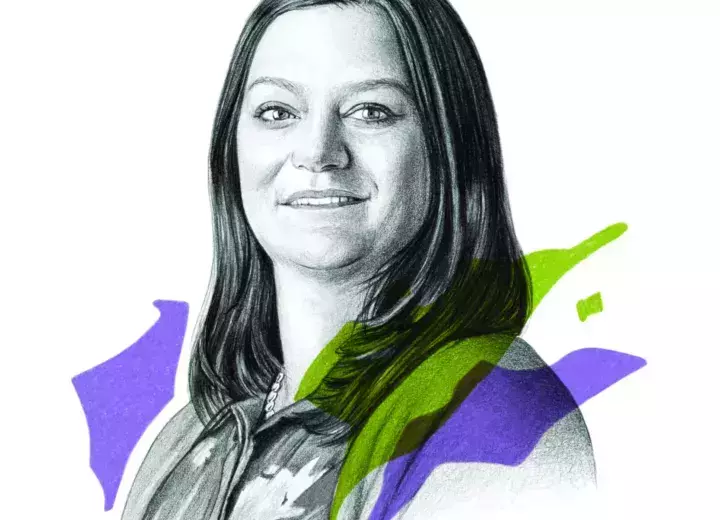Lorem ipsum dolor sit amet, consectetur adipiscing elit. Curabitur eleifend tortor nec augue pretium


Hello and welcome to another edition of Transform. I hope you are having a productive start to 2025.
In this issue, we consider some of the opportunities – and challenges – that come from the circular economy.
Huw Morris asks whether a tilt towards a more circular way of doing business can help support the UN’s 17 Sustainable Development Goals, or SDGs. At present, less than a fifth of these targets will be met by the Agenda for Sustainable Development’s deadline of 2030.
Bottle caps into tabletops and roof tiles made out of shopping bags – two of the innovative solutions being used to make circularity more meaningful in Singapore.
The country’s speedy transition to a developed nation has presented challenges to policymakers and waste management experts alike – so, with the country’s landfill site nearing capacity, what are the next steps to a circular economy? Katie Smith finds out more.
According to a recent BBC report, incinerating waste for energy is now the dirtiest way that the UK generates power.
I remember well from my days as a BBC correspondent that the announcement of a new incinerator was always received with anger and dismay by local communities – but, as David Burrows finds out, at present the economics of waste management in the UK may be stacked in favour of burning rather than circularity.
As always, we welcome your comments and thoughts about your magazine, and about your organisation.
Following our extensive consultation with members, and our extraordinary general meeting at the end of last year, you voted for our name to change to the Institute of Sustainability and Environmental Professionals – ISEP. We will be sharing our thoughts and plans for the new name with you as we progress through 2025.